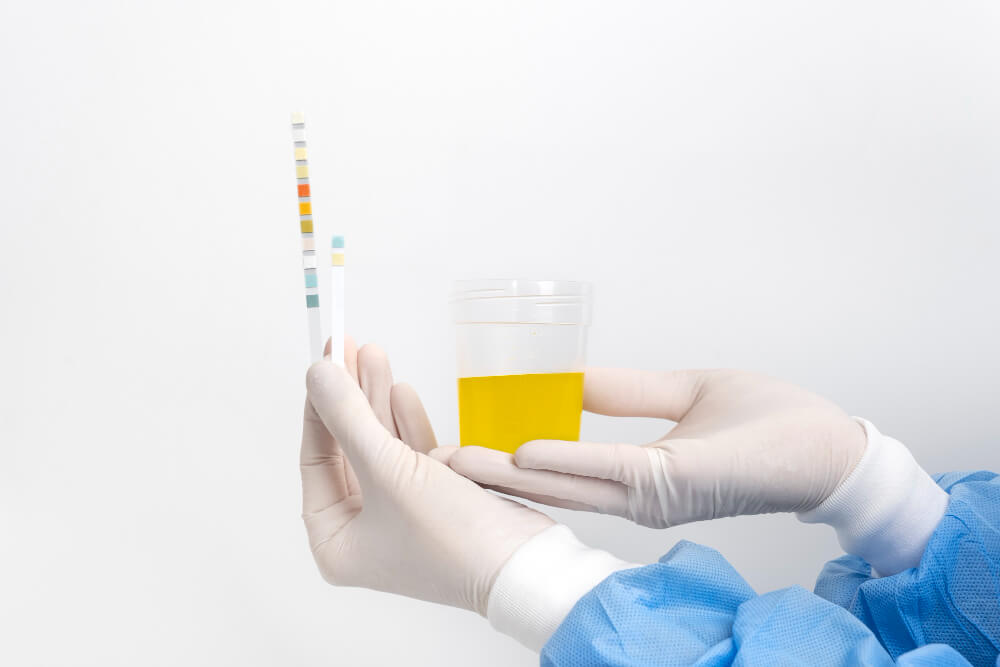Unveiling the Mystery: A Comprehensive Guide to STD Testing for Optimal Sexual Health
Sexual health is an integral part of our overall well-being. It encompasses the physical, emotional, and mental aspects of intimacy. While sexual activity can be a source of pleasure and connection, it also carries the possibility of contracting sexually transmitted diseases (STDs). Fortunately, many STDs are curable or effectively manageable with proper treatment. However, early detection is key to preventing complications and minimizing the risk of transmission to partners.
This article provides a comprehensive guide to STD testing, empowering you to make informed decisions about your sexual health. By understanding the types of tests available, the importance of confidential testing, and responsible sexual practices, you can approach intimacy with confidence and clarity.

Demystifying STD Testing: Types, Benefits, and Importance
STD testing involves screening for various infections that can be transmitted through sexual contact. There are different types of tests available, each targeting specific STDs. Here’s a breakdown of some common test types:
Blood Tests:
- Convenience: A single blood sample can screen for multiple STDs simultaneously, including HIV, syphilis, and hepatitis.
- Accuracy: Blood tests are highly accurate for detecting past and current infections.
Urine Tests:

- Non-invasive: Urine tests are a simple and painless way to screen for STDs like chlamydia and gonorrhea.
- Quick Results: Urine tests often offer faster results compared to other methods.
Swab Tests:
- Specificity: Swab tests, typically collected from the genitals or throat, can detect infections like chlamydia, gonorrhea, and human papillomavirus (HPV).
- Targeted Testing: Swab tests allow for targeted screening for specific STDs.
Regular STD testing offers numerous benefits:
- Early Detection: Early detection allows for prompt treatment, preventing complications and the spread of infections.
- Peace of Mind: Knowing your STD status provides peace of mind and allows you to make informed decisions about sexual activity.
- Protecting Partners: By getting tested, you are taking responsibility for your sexual health and protecting your partners from potential infections.
Understanding Concerns: STD Testing and Mental Wellbeing
The thought of STD testing can evoke anxiety for some. Here are some tips to manage these anxieties and promote a positive outlook on testing:
- Normalize Testing: STD testing is a routine part of maintaining sexual health, similar to a regular checkup.
- Focus on Benefits: Focus on the benefits of early detection and treatment for both yourself and your partners.
- Confidentiality: Many healthcare providers offer confidential testing, ensuring privacy and reducing anxiety.
Maintaining Sexual Health: Confidential Testing and Responsible Practices
Many healthcare providers offer confidential STD testing, ensuring privacy and reducing the stigma often associated with the process. Here are some additional tips for maintaining sexual health:
- Practice Safe Sex: Use condoms consistently and correctly to reduce the risk of STD transmission.
- Communication is Key: Open communication with partners about sexual history and STD testing is crucial.
- Consider Mutual Testing: Getting tested together with your partner can provide greater peace of mind.
Remember, testing positive for an STD doesn’t define you. With proper treatment and responsible communication with partners, you can maintain a healthy and fulfilling sex life. Don’t hesitate to seek support from healthcare professionals or trusted friends and family if you need guidance or emotional support.
